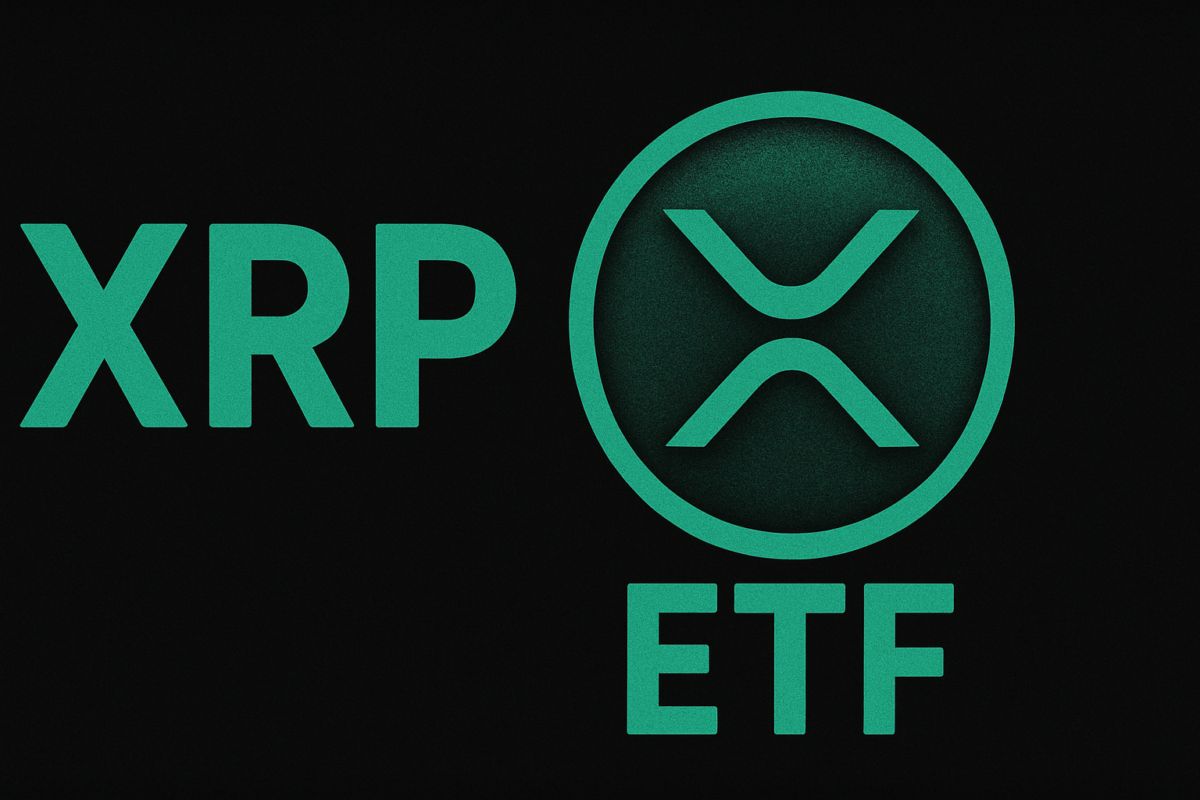Merchants Secure Greater Authority Over Card Acceptance in $38 Billion Visa-Mastercard Agreement, Though Critics Highlight Ongoing Concerns
- Visa and Mastercard reached a $38B settlement with U.S. merchants over swipe fee disputes, ending a 20-year antitrust battle. - The deal reduces interchange fees by 0.1% for five years, caps consumer rates at 1.25%, and grants merchants flexibility to reject high-fee cards. - Critics argue the agreement fails to address systemic industry issues, with merchants warning it preserves payment giants' fee-raising power. - Analysts warn the changes could disrupt rewards ecosystems, while lawmakers push for ref
Visa and
Under the agreement,

The agreement also allows merchants to add surcharges to credit card sales—a practice already permitted under current regulations, but now with broader application. These surcharges could hit small businesses especially hard, as they often operate with slim profit margins. The National Retail Federation (NRF)
Visa and Mastercard have not acknowledged any wrongdoing in the settlement. Both companies stated that the agreement delivers "substantial relief" to both merchants and consumers and increases flexibility
The settlement is now pending approval from U.S. District Judge Margo Brodie, who previously rejected a $30 billion proposal in June 2024 for being inadequate. If approved, the new rules could be implemented as soon as late 2026 or 2027
---
Disclaimer: The content of this article solely reflects the author's opinion and does not represent the platform in any capacity. This article is not intended to serve as a reference for making investment decisions.
You may also like
XRP ETF Sees Highest First-Day Volume of 2025 Despite XRP Price Falling to $2.30

Czech National Bank Launches $1 Million Digital Asset Pilot Including Bitcoin and Stablecoin

BNB News Update: BlackRock Connects Conventional and Digital Finance Through BUIDL Growth
- BlackRock's BUIDL fund expands to BNB Chain, accepted as off-exchange collateral on Binance, bridging traditional finance with blockchain infrastructure. - Institutional investors gain flexibility to use tokenized U.S. Treasuries as yield-generating collateral while maintaining compliance with regulatory frameworks. - BUIDL now operates on eight blockchains with $2.5B AUM, offering 3.7% annualized yield as a benchmark for tokenized real-world assets (RWA). - Binance's collaboration with BlackRock and Sec

Bitcoin Updates Today: The Cryptocurrency Dilemma—Advancement and Deceit in a Divided World
- UK court sentences Qian Zhimin to 11 years for $5B Bitcoin Ponzi scheme affecting 128,000 investors. - China-US crypto tensions escalate over $13B Bitcoin theft claims and cross-border legal battles over seized assets. - Institutional adoption grows as Anchorage Digital expands Bitcoin DeFi services, shifting BTC from store-of-value to transactional asset. - Cash App integrates Lightning Network payments to bridge traditional finance and crypto, raising regulatory compliance questions. - Crypto's paradox